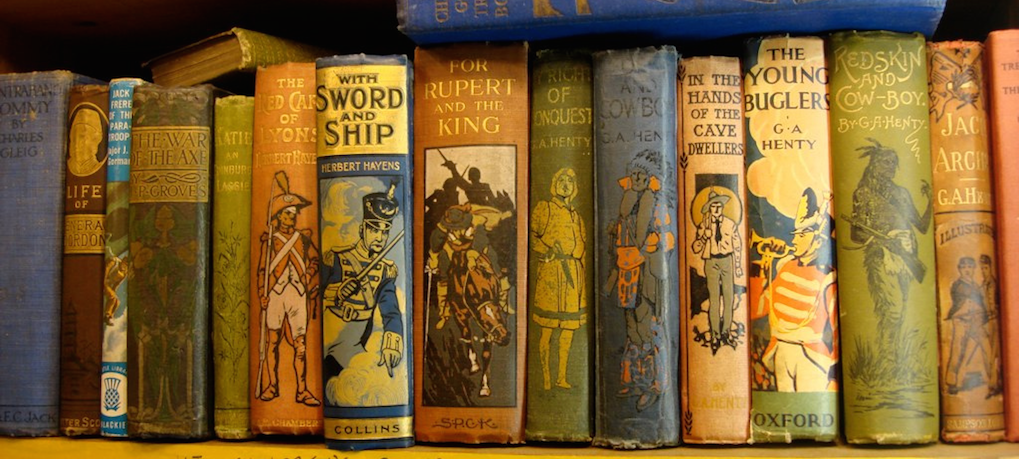
Judit Mudriczi (Károli Gáspár University, Budapest)
Tuesday 9 April, 6.30 pm, LAB 109, Anglia Ruskin Cambridge Campus
This paper offers an overview on those Hungarian translations and retranslations of Alice’s Adventures in Wonderland that are available for Hungarian readers today. It contrasts five different Hungarian versions of the Mock Turtle and his conversation with Alice in order to highlight the main textual elements that determine the Hungarian representations of a perceived English cultural identity. This comparative study shows that not only do the Hungarian texts reflect the translators’ individual readings of Lewis Carroll’s work but they also determine the extent to which the story itself may or may not be seen as an entertaining piece of literature. I also call attention to the importance of the historical and social contexts and expectations in which the Hungarian versions were published, and argue that these extra-textual features influence the reception of the work more strongly than the quality of the Hungarian translations.
About the Speaker
Judit Mudriczki works a senior lecturer at the Department of Arts Studies and Art Pedagogy at Károli Gáspár University of the Reformed Church in Hungary, Budapest, and teaches classes in translation and English studies. She is a member of both the European Society for Translation Studies and a research group focusing on modern Hungarian literature at Pázmány Péter Catholic University, Hungary. Her most recently published papers focus on key cultural texts of English and Hungarian literature in translation. Her academic interest covers transdisciplinary fields and includes Shakespearean drama, modern Hungarian fiction, didactics of translation, audiovisual translation, and English-Hungarian cultural relations.


